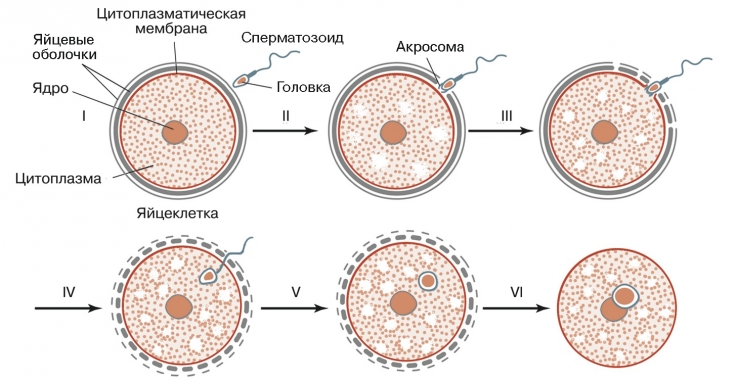There can be only one problem with contraception - its absence. Choosing the most appropriate method of contraception – one of the main tasks of a gynecologist in the course of counseling a married couple as part of family planning. Many factors must be taken into account: the age of the woman, gynecological and obstetric history, the presence of concomitant diseases, wishes regarding the method of application.
During the consultation, the doctor should not only recommend the most suitable contraceptive, but also explain to the woman the key mechanisms of the drug's action, its effectiveness, how to use it and possible side effects. About what mini-pills are, how their contraceptive effect is realized, and when it is worth recommending them - read on estet-portal.com in this article.
Mini-pill: a new generation of effective contraceptives

Non-combined oral contraceptives, also known as minipills, are hormonal contraceptives that contain small doses of a progestogen.
Progestogen is an artificial analogue of the female sex hormone progesterone.
The contraceptive effect of the mini-pill occurs 24 hours after their use. There is no need for a special gynecological examination of the patient before prescribing the drug.
Follow us on Telegram.
Mechanisms of action of progestogen-containing non-combined oral contraceptives
Mini pills are well known to be effective and safe contraceptives: the Pearl Index is 0.3-1.4.
It is necessary to highlight such key mechanisms of action of progestogen-containing non-combined oral contraceptives:
- Inhibition of ovulation, which occurs due to inhibition of the pituitary gland production of luteinizing hormone by the feedback mechanism;
- Increased viscosity of cervical mucus, which creates a barrier to sperm penetration;
- Changing the structure of the endometrium so that implantation of an egg becomes impossible.

As a result of the implementation of the above mechanisms, ovulation is inhibited and the conditions for fertilization of the oocyte and subsequent implantation of the embryo worsen. However, it should be borne in mind that the use of these contraceptives is a less effective method of contraception than combined oral contraceptives.
Indications for the use of non-combined oral contraceptives
Due to the absence of estrogen in the composition of non-combined oral contraceptives, the range of indications for their use is more extensive than combined oral contraceptives. Family planning mini-pills can be recommended:
- Women who are breastfeeding if 6 weeks have passed since the birth;
- For postpartum women who are not breastfeeding;
- Women of any age who have not given birth;
- Smoking women.
In addition, mini-pills can be recommended in situations where a woman has concomitant diseases that are contraindications to prescribing combined oral contraceptives.
Minipill is an effective and safe contraceptive that can be used by women with obesity, benign diseases of the ovaries, breasts, endometriosis and fibroids.
Thank you for staying with estet-portal.com. Read other interesting articles on the site in the "Gynecology" section. You might also be interested in: Oral contraceptives and velvet skin – is there a dependency









Add a comment